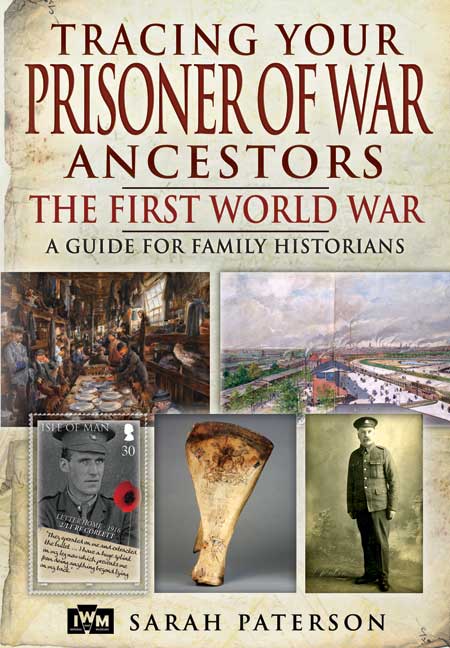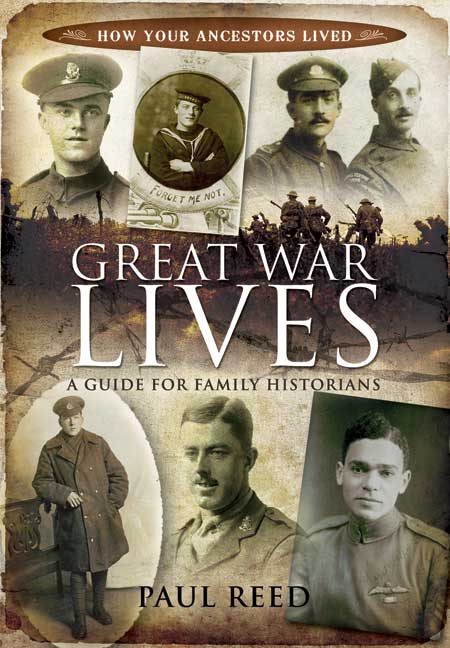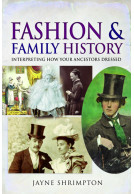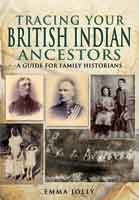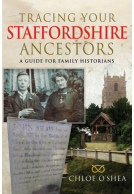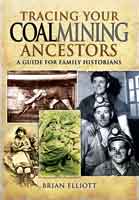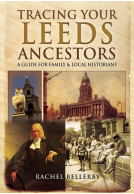Tracing Your Prisoner of War Ancestors: The First World War (Paperback)
Imprint: Pen & Sword Family History
Series: Tracing Your Ancestors
Pages: 240
Illustrations: 50
ISBN: 9781848845015
Published: 9th July 2012
Last Released: 30th March 2021
(click here for international delivery rates)
Order within the next 7 hours, 48 minutes to get your order processed the next working day!
Need a currency converter? Check XE.com for live rates
| Other formats available | Price |
|---|---|
| Tracing Your Prisoner of War Ancestors:… ePub (11.6 MB) Add to Basket | £6.99 |
The experience of civilian internees and British prisoners of war in German and Turkish hands during the First World War is one of the least well-known – and least researched – aspects of the history of the conflict. The same applies to prisoners of war and internees held in the UK. Yet, as Sarah Paterson shows in this authoritative handbook, a wide-range of detailed and revealing information is available if you know where to look for it.
Briefly she outlines the course of the campaigns in which British servicemen were captured, and she describes how they were treated and the conditions they endured. She locates the camps they were taken to and explains how they were run. She also shows how this emotive and neglected subject can be researched – how archives and records can be used to track down individual prisoners and uncover something of the lives they led in captivity.
Her work will be an essential introduction for readers who are keen to get an insight into the experience of a POW or an internee during the First World War, and it will be an invaluable guide for anyone who is trying to trace an ancestor who was captured.
A key comprehensive reference book for researching the lives of the Great War captured combatants and internees of which there were about 10 million and gaining an insight into how they were treated and the conditions they endured.
Essex Family Historian No.164
Paterson’s experience shows clearly in the thoroughness of this extensive research guide. This is a must-have for anyone who knows, suspects, or thinks they might have a World War I prisoner of war in their family tree… Because this book resulted from the author’s knowledge of the questions asked by researchers over many years, it displays a deep understanding of where readers are likely to get stuck. It fills a need for a comprehensive, practical guide to tracing World War I prisoners of war and learning about their experience.
Family Genealogy Society
This is still essential reading for those who want to try to locate a WW1 POW relative and to learn about the places and conditions they were held in. As will be inferred from earlier, this book should also be of help to German family historians tracing POWs in Great Britain.
Friends of The National Archives.
Of particular interest and value in this book are the appendices, which comprise over a third of the text and which include lists of POW camps and descriptions of how they were run. Through these, the researcher is directed towards the key resources for tracing POWs in British and Commonwealth records. Apart from POWs in Germy, it is possible to try and trace British prisoners held in other areas such as Bulgaria, East Africa and Turkey, using the lists of documents and records available and the useful list of abbreviations used throughout the book.
Genealogist’s Magazine
For any family historians seeking to trace an ancestor in the armed forces who was imprisoned in the First World War, this book is an essential tool to discovering a personal wartime story from almost one hundred years ago.
The experience of civilian internees and British prisoners of war in German and Turkish hands during the First World War is one of the least well-known – and least research – aspects of the history of the conflict. The same applied to prisoner of war and internees held in the UK. Yet, as Sarah Paterson shows in this authoritative handbook, a wide range of detailed and revealing information is available if you know where to look for it.
Kent Family History Society Journal
Briefly she outlines the course of the campaigns in which British servicemen were captured, and she describes how they were treated and the conditions they endured. She located the camps they were taken to and explains how they were run. She also shows how this emotive and neglected subject can be researched – how archives and records can be used to track down individual prisoners and uncover something of the lives the led in captivity.
Her work will be an essential introduction for readers who are keen to get an insight into the experience of a POW or an internee during the First World War, and it will be an invaluable guide for anyone who is trying to trace an ancestor who was captured.
The author works at the Imperial War Museum and recognised that a single guide was needed and this book certainly pulls all available information together. It concentrates on areas of research where information is sparse but also caters for those people who know little about the subject. Apart from providing all the background information on the subject, the book provides details of each POW camp, a comprehensive bibliography and lists of useful websites and organisation addresses to take your research forward. The one is certainly on my Christmas list – highly recommended.
Doncaster FHS
This really is one for the family history researcher with an interest in a conflict now vanishing from our sight.
The Shields Gazette, October 10 2012
This invaluable work should be at the side of anyone interested in finding out more about family members who were prisoners of war. Published in conjunction with the Imperial War Museum, the book is authoritative and provides a wealth of information including lists of the various camps at home and abroad. The book is aimed at those with little knowledge of the subject, but is certainly one that everyone will find useful.
Great War Magazine
clearly an expert, explaining the sources that are still available, where they are located ad how to use them'
BBC Who Do You Think You Are Magazine
this book offers the most comprehensive guidance available...
The author is to be commended on her expertise and thoroughness...
Great assistance to those researching POW forebears or those purely interested in what life was like for civilian and military internees during the First World War...
Your Family History Magazine
For an insight into the life of a POW and a beginners' overview to this quite complex area, Tracing Your Prisoner of War Ancestors is a valuable introductory guide
An excellent introduction to a subject that has received precious little attention in the context of both the First World War and the experiences of prisoners of war from other conflicts. Sarah Paterson outlines the general conditions of camps, not only under German and Turkish control, but also those in neutral countries and, by contrast, the experience of German prisoners of war and internees in the British Isles. Typical experiences of officers, other ranks and civilians are described, and the extensive appendices list camps, recommended reading, and links to those archives and museums which hold information on prisoners of war. Highly recommended for anyone wishing to research the subject.
Pegasus Archive
Published in July 2012 by Pen & Sword Books in association with IWM. An invaluable guide for anyone trying to trace an ancestor who was a POW or internet in the First World War.
Despatches, Summer 2012
About Sarah Paterson
Sarah Paterson has a long-standing interest in the history of prisoners of war. Through her work in the library at Imperial War Museums London, she has extended her knowledge of the subject by dealing with the growing number of requests for help in researching the lives of individual prisoners. She is familiar with the many archive sources that can be consulted, and has used them in order to compile the case studies in her book.
Great War Lives A Guide for Family Historians (Hardback)
The Great War was a key event of the twentieth century and it is one of the most popular and rewarding areas for historical research - and for family historians. More records than ever are available to researchers whose relatives served during the war, and Paul Reed's new book is the perfect guide to how to locate and understand these sources - and get the most out of them. In fascinating detail he follows the stories of twelve service men who fought and died in the Great War – a rifleman, an infantry officer, a tunneller, a gunner, a Royal Marine, a naval rating, an airman, and others. He describes…
By Paul ReedClick here to buy both titles for £24.48







